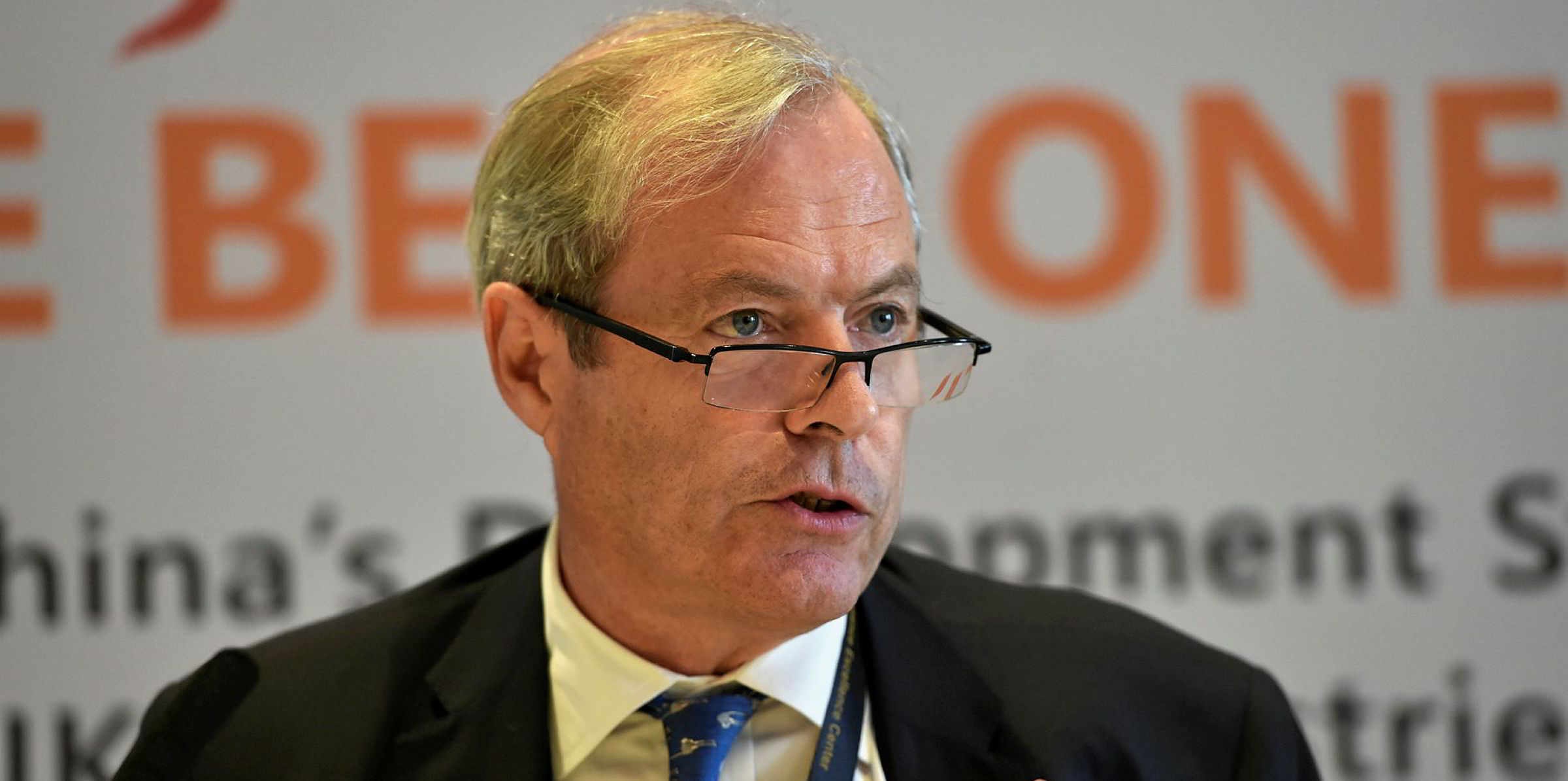The march of populist politics is changing the world. And business is slowly waking up to the fact that it must change or face more brutal change being forced upon it.
Shipping, as usual, will likely be among the last industries either to notice this change or start to address it. But it stands to benefit greatly if it engages now and acts fast.
Populism is seemingly everywhere: from the rise of Donald Trump in the US, Rodrigo Duterte in the Philippines, and the gilets jaunes and Brexit movements in Europe.
Deepening discontent
The causes are often complex and dangerous to oversimplify, but one theme appears consistent on every continent; the deepening discontent about the widening gulf between the richest and the poorest members of society.
Perhaps nowhere has this as much resonance as in the US, where 10 years on from the financial crisis the economy has powered ahead, markets have boomed, but social rifts appear to be deepening.
The issue came to a head last month when the US’ Business Roundtable dropped the mantra of “shareholder primacy” from its statement of purpose, abandoning its whole-hearted embrace of the theories of the Chicago school of monetarist economists that had stood since the 1970s.
As one of the largest and most influential US business groups with 200 members that generate annual revenue of about $7trn, the Business Roundtable said that shareholders should now be just one of five stakeholder groups alongside staff, customers, suppliers and communities.
The Business Roundtable said workers should be given dignity and respect, while companies should also look to protect the environment.
The shift in the association’s stance is particularly potent as it comes a few months after two of the richest executives in the US came out with their own outspoken criticisms of contemporary capitalism and remedies to counter concerns over its sustainability.
Yet for some industries, such as shipping, the shift away from singular focus on quarterly earnings and towards a more values-based strategy that reflects broader social purpose could bring great benefits. It would focus minds if there was a public obligation to live up to the values the industry’s leaders so often claim they believe in
In his annual letter to shareholders, JP Morgan chief executive Jamie Dimon argued that the malaise in the global economy could only be solved by deep reforms, while Ray Dalio, founder of the world’s largest hedge fund — Bridgewater Associates — warned that unless inequality is addressed there was even the risk of revolution.
Both agreed that higher taxes on the wealthy must be part of the solution.
Statement of purpose
Now, an influential group has added its voice by arguing companies should take the move away from shareholders primacy further by defining a clear “statement of purpose” with binding pledges to all stakeholders.
A group of academics, investors and lawyers led by Hermes EOS, Berkeley School of Law and Oxford Said Business School suggests major companies should publicly declare how they will profitably “achieve a solution for society”.
They suggest it is important to distinguish the role of a company’s board of directors in setting strategy from managements’ day-to-day concerns.
Such suggestions have been welcomed in some quarters, but criticised by others who suggest they are simply corporate lobbying to head off the risk of more onerous change forced on them by governments.
Yet for some industries, such as shipping, the shift away from singular focus on quarterly earnings and towards a more values-based strategy that reflects broader social purpose could bring great benefits.
Focusing minds
It would focus minds if there was a public obligation to live up to the values the industry’s leaders so often claim they believe in.
At present, how hollow is it for shipowners to hail their respect for work of seafarers while some of them feed their crews dog food?
How hypocritical is it for some in the industry to trumpet shipping’s small carbon footprint per tonne of cargo moved, while finding loopholes to pollute in new ways?
And how perverse is it for an industry built on
carrying food, fuel and goods for the world’s population not to have a reputation as a strong and reputable business?
But in all three of those areas, shipping does indeed have a great deal to champion. Crew welfare is high on the agenda for most good companies, and for any others there is a heavy reputational risk.
Intense engagement
Action on decarbonisation has only just started, but the intense engagement of many shows an appetite to cut emissions. Those who sit on the sidelines will lose out undoubtedly.
And as the world becomes more interconnected, those companies who go about business in a responsible and sustainable manner will enhance their reputations and customer loyalty.
Shipping should embrace the shift to ‘profitable social purpose’ to benefit not only shareholders, but staff, customers, suppliers and communities.








